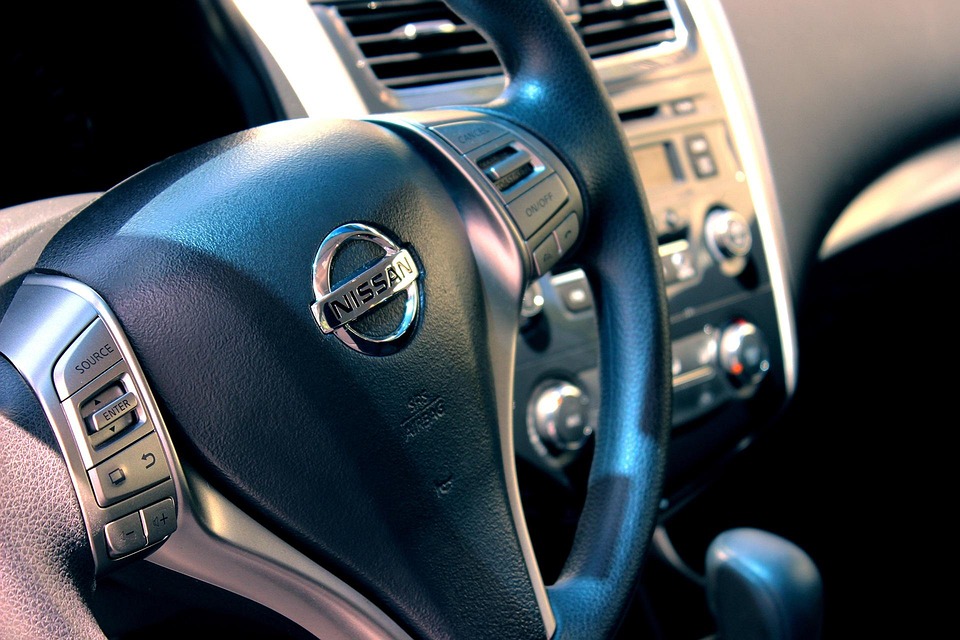The Pros and Cons of Taking Insurance in Blackjack
Blackjack, also known as 21, is a popular card game that combines skill, strategy, and luck. One of the unique features of this game is the option to take insurance when the dealer shows an Ace. This option can spark debate among players regarding its viability. In this article, we will explore the pros and cons of taking insurance in blackjack to help players make an informed decision.
Understanding Insurance in Blackjack
Before diving into the pros and cons, it’s essential to understand what insurance means in the context of blackjack. When a dealer shows an Ace, players have the opportunity to place an insurance bet, which is typically half the size of their original bet. This bet pays 2:1 if the dealer has a blackjack (a ten-value card as a second card). While this option may seem appealing, it comes with its own set of advantages and disadvantages.
Pros of Taking Insurance
1. **Protection Against Loss**: One of the primary reasons players consider taking insurance is the potential for protection against a dealer blackjack. If the dealer does have a blackjack, the insurance bet pays 2:1, which can offset the loss of the original bet, providing a sense of security.
2. **Potential for Profit**: In a situation where a player believes the dealer has a high chance of having a blackjack, the insurance bet can be a way to make a profit. If the dealer does have a blackjack, the player can win from the insurance bet while minimizing the impact of losing their original wager.
3. **Psychological Comfort**: For some players, the option of insurance offers peace of mind. Knowing they have a backup plan can make the game more enjoyable, allowing them to play with less stress about the potential outcomes.
Cons of Taking Insurance
1. **Poor Odds**: Statistically, the dealer will only have a blackjack about one-third of the time when showing an Ace. As a result, taking insurance often leads to more losses than gains over the long term. The house edge on insurance bets is significantly higher than on regular bets, making it a less favorable option for players.
2. **Wasted Money**: Many players fail to realize that insurance is essentially a side bet. This means that even when the dealer does not have a blackjack, the insurance bet is a guaranteed loss. For most players, consistently taking insurance can lead to a significant drain on their bankroll over time.
3. **Straying from Basic Strategy**: Blackjack is a game where optimal strategy plays a crucial role in maximizing potential winnings. Taking insurance often goes against basic strategy guidelines, which advise players to avoid this bet unless they have specific knowledge of the card distribution (like in card counting scenarios).
Conclusion
The decision to take insurance in blackjack ultimately depends on factors such as a player’s comfort level, understanding of the game’s odds, and individual strategy. While there are some advantages, the cons of taking insurance often outweigh the pros for the average player. By adhering to basic strategy and understanding the odds, players can make more informed decisions and enhance their overall blackjack experience.



